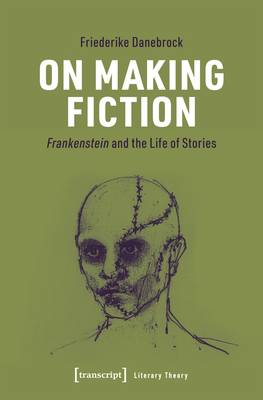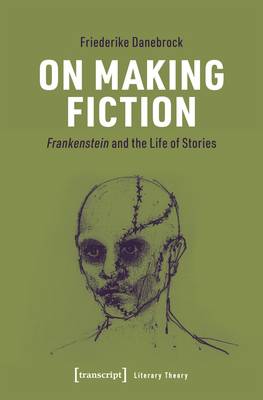
- Afhalen na 1 uur in een winkel met voorraad
- Gratis thuislevering in België vanaf € 30
- Ruim aanbod met 7 miljoen producten
- Afhalen na 1 uur in een winkel met voorraad
- Gratis thuislevering in België vanaf € 30
- Ruim aanbod met 7 miljoen producten
Zoeken
Omschrijving
Fiction is generally understood to be a fascinating, yet somehow deficient affair, merely derivative of reality. What if we could, instead, come up with an affirmative approach that takes stories seriously in their capacity to bring forth a substance of their own? Iconic texts such as Mary Shelley's Frankenstein and its numerous adaptations stubbornly resist our attempts to classify them as mere representations of reality. Friederike Danebrock shows how these texts insist that we take them seriously as agents and interlocutors in our world- and culture-making activities. Drawing on this analysis, she develops a theory of narrative fiction as a generative practice.
Specificaties
Betrokkenen
- Auteur(s):
- Uitgeverij:
Inhoud
- Aantal bladzijden:
- 292
- Taal:
- Engels
- Reeks:
- Reeksnummer:
- nr. 5
Eigenschappen
- Productcode (EAN):
- 9783837665505
- Verschijningsdatum:
- 11/04/2023
- Uitvoering:
- Paperback
- Formaat:
- Trade paperback (VS)
- Afmetingen:
- 152 mm x 229 mm
- Gewicht:
- 394 g

Alleen bij Standaard Boekhandel
+ 92 punten op je klantenkaart van Standaard Boekhandel
Beoordelingen
We publiceren alleen reviews die voldoen aan de voorwaarden voor reviews. Bekijk onze voorwaarden voor reviews.








